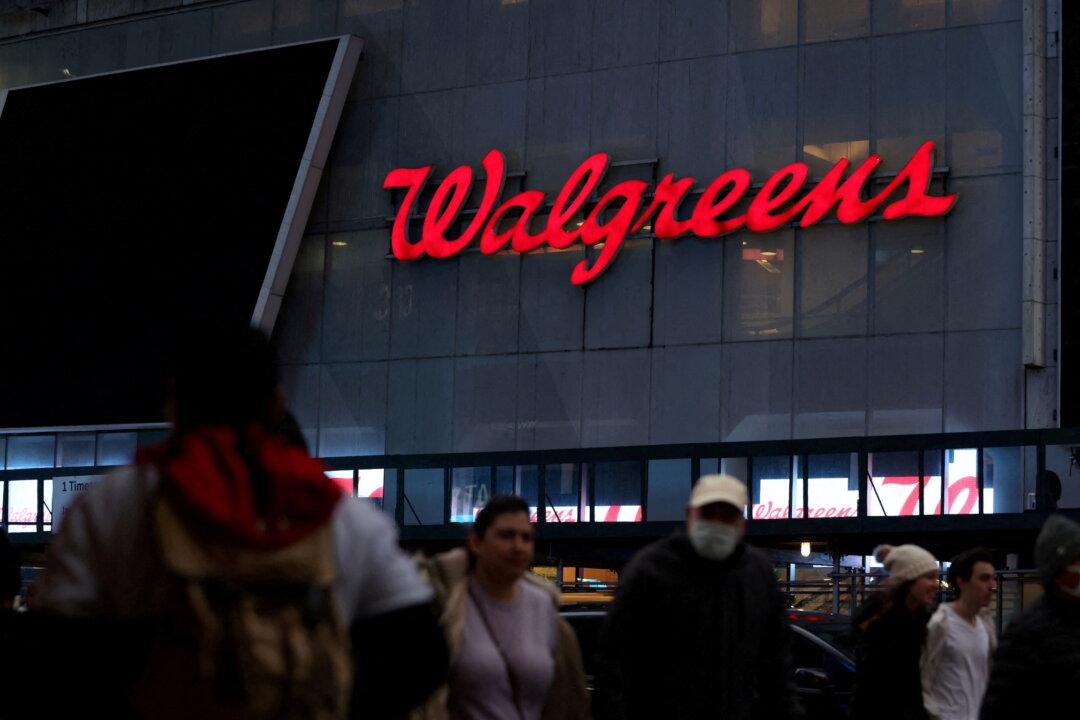Walgreens Boots Alliance and Teva Pharmaceutical Industries Ltd. ignored the health risks when they created new markets for opioids, a lawyer for the city of San Francisco told a judge on Monday during opening statements of the first trial to target manufacturers, distributors, and pharmacies over the addictive pain medicines.
Richard Heimann, a lawyer for the city, said on Monday that the prescription drug industry was complicit in expanding the market for opioids, regardless of the public health risks.





